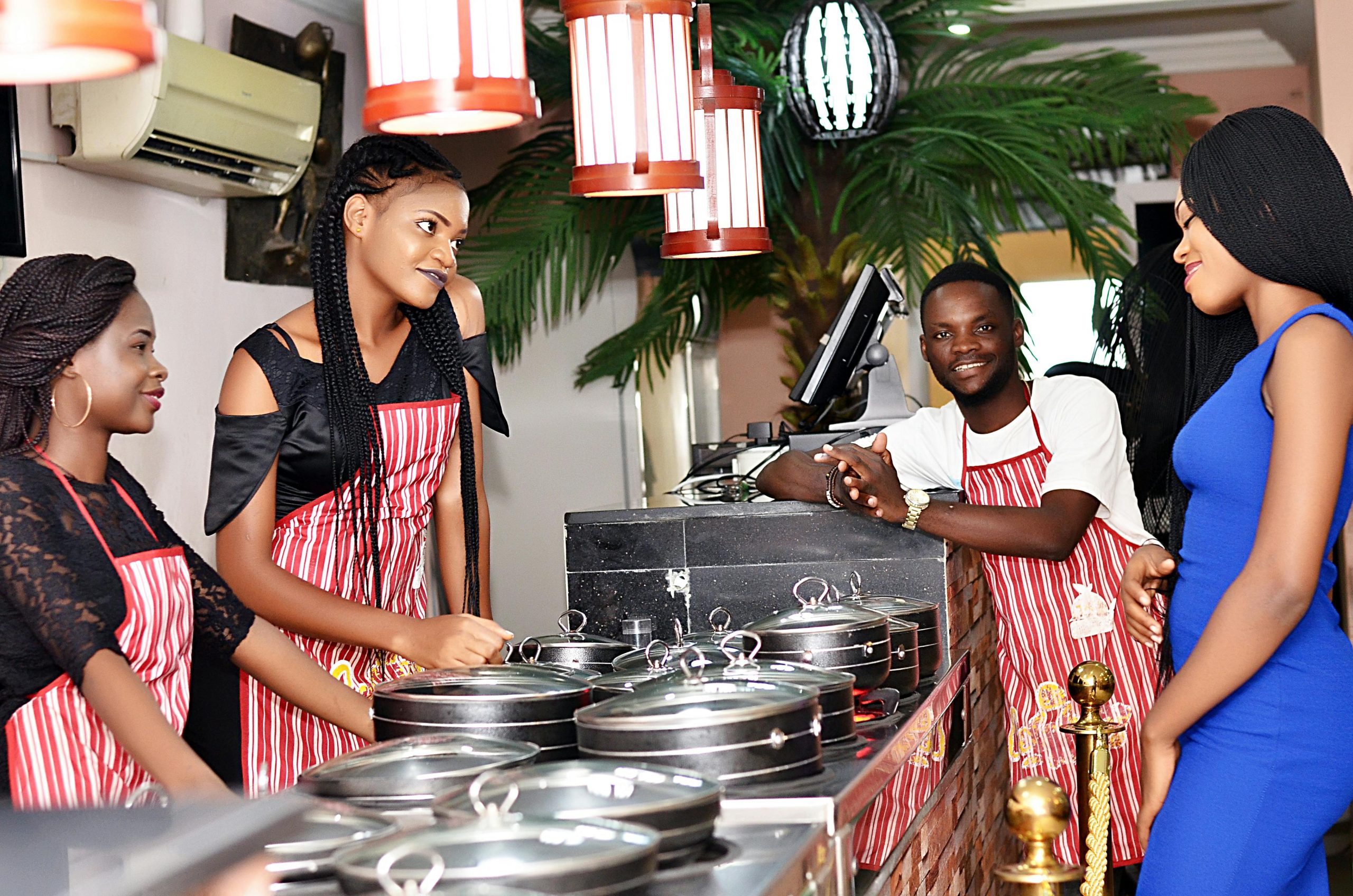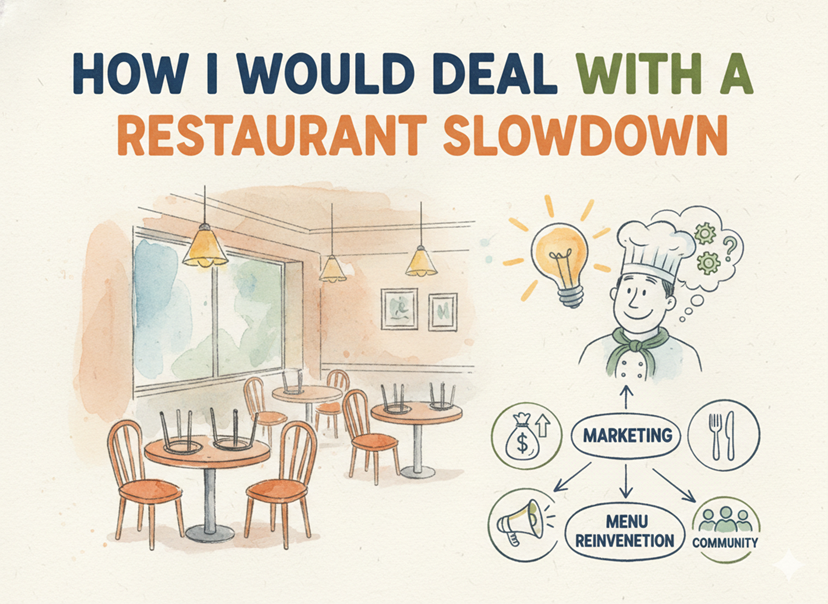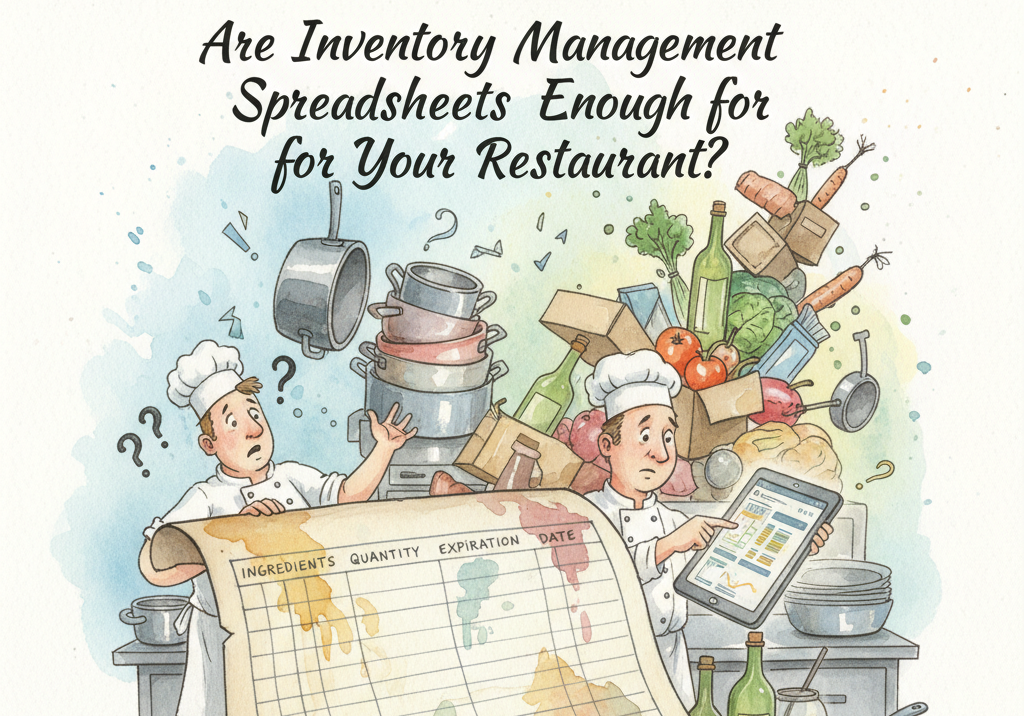Are you wondering as a manager how you can motivate your employees and unlock their full potential? Keeping your team motivated is the key to running a successful restaurant. From boosting productivity to creating a positive work environment, focusing on employee motivation can transform your operations and keep your staff engaged. In this blog, you’ll find effective ways to motivate employees, backed by real-life examples, to help you inspire your team and achieve better results.
Employee motivation is not just about rewards; it’s about building trust, offering fair compensation, and creating growth opportunities. You’ll learn the best ways to motivate employees, such as recognition programs, team-building activities, and fostering open communication. Real examples from restaurants in Malaysia, like Pizza Hut and Starbucks, show how focusing on motivation can improve performance, reduce turnover, and enhance customer experiences.
If you’re ready to discover how motivating your staff can elevate your business, keep reading. We have actionable tips and inspiring examples that will help you build a happier, more productive team. Whether you’re looking to reduce absenteeism, improve teamwork, or retain top talent, this blog has the insights you need. Let’s dive in!
Why Is Employee Motivation Crucial in the Restaurant Industry?
Employee motivation is directly linked to productivity and performance. A study focusing on fast-food employees in Malaysia found that both intrinsic and extrinsic motivations significantly enhance employee performance. Moreover, compensation was found to moderate this relationship, emphasizing the importance of fair remuneration in motivating staff.
Additionally, engaged employees are more likely to stay with their organization, reducing turnover rates. In Malaysia, the average employee engagement score is 54%, slightly above the global average of 53%. However, there is room for improvement in reaching the engagement levels of top-performing countries like India (79%) and Thailand (72%).
What Are Effective Ways to Motivate Your Restaurant Employees?
- Recognition and Rewards
Acknowledging hard work and achievements boosts employee morale. For example, some Malaysian restaurants implement “Employee of the Month” programs, offering rewards like vouchers or bonuses. This motivates employees to perform better. - Fair Compensation
Competitive salaries and performance-based bonuses encourage productivity. Research highlights the importance of fair remuneration in enhancing employee motivation and reducing turnover. - Professional Development
Investing in training programs helps employees feel valued and improves their skills. A Penang-based caf\u00e9 organizes latte art workshops for baristas, fostering loyalty and job satisfaction. - Team-Building Activities
Activities like cooking classes or sports outings improve teamwork and create a positive work culture. For instance, a Kuala Lumpur restaurant conducts monthly team dinners to celebrate reaching sales targets. - Open Communication
Establishing open feedback channels ensures employees feel heard. Pizza Hut Malaysia, for example, holds monthly feedback sessions, where employees share suggestions to improve workplace dynamics. - Flexible Scheduling
Offering shifts tailored to personal needs enhances work-life balance. Many Malaysian restaurants adopt this practice to reduce burnout and increase job satisfaction.
Real-Life Examples of Employee Motivation in Malaysian Restaurants
- Recognition Programs: Some Malaysian restaurants have implemented “Employee of the Month” programs, recognizing individuals who consistently demonstrate exceptional performance, teamwork, and outstanding customer service. Rewards such as bonuses, gift cards, or special parking spots are offered as tokens of appreciation.
- Team Building Activities: Organizing team-building activities and outings, such as cooking classes or sports events, fosters camaraderie, boosts morale, and creates a positive work culture.
As a Manager, How Can You Effectively Motivate Your Employees?
Lead by Example
Your behavior sets the tone for your team. Demonstrate commitment, professionalism, and positivity. When employees see you actively supporting the team during busy hours, it inspires them to give their best. For example, at Pizza Hut Malaysia, managers often step in during rush hours, showing they value teamwork.
Set Clear Expectations
Communicate roles, responsibilities, and performance goals. Employees are more motivated when they understand their contributions to the business. For instance, Nando Malaysia uses detailed task lists and regular team meetings to align everyone on daily objectives.
Provide Regular Feedback
Offer constructive feedback and recognize achievements. Acknowledge effort publicly to boost morale. At Starbucks Malaysia, managers hold weekly one-on-one sessions with employees to discuss progress and address concerns.
Encourage Open Communication
Create a supportive environment where employees feel comfortable sharing ideas or issues. Managers at McDonald’s Malaysia encourage team members to voice suggestions during shift briefings, which builds trust and engagement. (Source)
Celebrate Successes
Recognize both individual and team achievements. Organize small celebrations or provide tokens of appreciation. At TGI Fridays Malaysia, managers often treat the team to a meal after achieving monthly sales targets.
Why Should You Focus on Motivating Your Workers?
Increased Productivity
Motivated employees work more efficiently, leading to higher productivity. In the restaurant industry, this can translate into faster service, better food quality, and happier customers. A study in Malaysia found that employee motivation significantly impacts performance, especially in fast-paced environments like quick-service restaurants.
Improved Employee Retention
High employee turnover is costly and time-consuming, especially in the competitive food and beverage sector. Motivating your team creates a sense of belonging and loyalty, reducing turnover rates. For example, McDonald’s Malaysia invests in career development programs, which not only upskill employees but also retain them for longer periods.
Enhanced Customer Experience
Happy employees lead to satisfied customers. When your staff feels valued and motivated, they are more likely to provide exceptional service. This was evident in a case study of a Penang restaurant, where implementing reward programs for employees improved their attitude and boosted customer satisfaction scores by 20%.
Better Team Collaboration
Motivated employees are more likely to collaborate effectively, creating a harmonious work environment. Team-building activities, like the ones organized by TGI Fridays Malaysia, improve communication and teamwork, which are crucial in managing busy shifts.
Reduced Absenteeism
Demotivated employees are more likely to call in sick or arrive late, disrupting operations. Providing flexible scheduling and recognizing hard work, as seen in Nando’s Malaysia, helps reduce absenteeism while improving overall attendance rates.
Fostering Innovation
Motivated employees are more engaged and open to sharing innovative ideas. For instance, Starbucks Malaysia encourages employees to contribute suggestions during weekly meetings, leading to improvements in operations and customer service.
Motivating your restaurant staff is not just about increasing productivity; it’s about creating a work environment where employees feel valued, engaged, and committed to your restaurant’s success. By implementing these strategies and learning from real-life examples, you can foster a motivated team that delivers exceptional service, leading to satisfied customers and a thriving business. Remember, your employees are your greatest asset—invest in them, and they will invest in your restaurant’s success.




